
Welcome Remarks by UN Resident Coordinator, Dr KAZADI MULOMBO, Walter; WHO Representative in Nigeria on behalf of Mr. Mohamed Fall, Resident Coordinator of the United Nations system in Nigeria.
In attendance were the Hon Minister of Education of the Federal Republic of Nigeria, Prof Tahir Maman SAN OON,
the Hon Minister of Technical and Higher Education of Sierra Leone, Dr Haja Ramatulai Wurie (who joined virtually), the Hon Minister of Education of Cote d’Ivoire, represented by the Director of Cabinet, Ministry of Technical Education, Vocational Training and Apprenticeship, Cote d’lvore, M. Moustapha Sangare, the
Assistant Director General for Education, UNESCO, Ms Stephania Giannini, the Permanent Representative of Nigeria to UNESCO, Dr Hajo Sani, the Managing Director of the Nigeria Education Loan Fund (NELFUND) Mr Akintunde Sawyerr, amongst several other High Commissioners, Ambassadors, and members of the diplomatic corps.



Also in attendance was the Deputy Director of Global Education Policy Division, Ministry of Education, Republic of Korea, Mr. Kihyung Kim, the
Head of Division, Scientific Research and Innovation, ECOWAS, Dr Roland Kouakou, the Hon Commissioner of Agriculture and Rural Development, Kano State, Hon. Danjuma Mahmud and the Hon Commissioner for Education of Gombe State.
At the event was also the Publisher and Co-founder of EduTimes Africa, a publication which since it’s own launch over a year ago, has remained at the forefront of promoting TVET as a viable solution to many of Africa’s socio economic challenges, such as juvenile delinquency and high unemployment, by providing employable skills to the youth and increasing job creation.
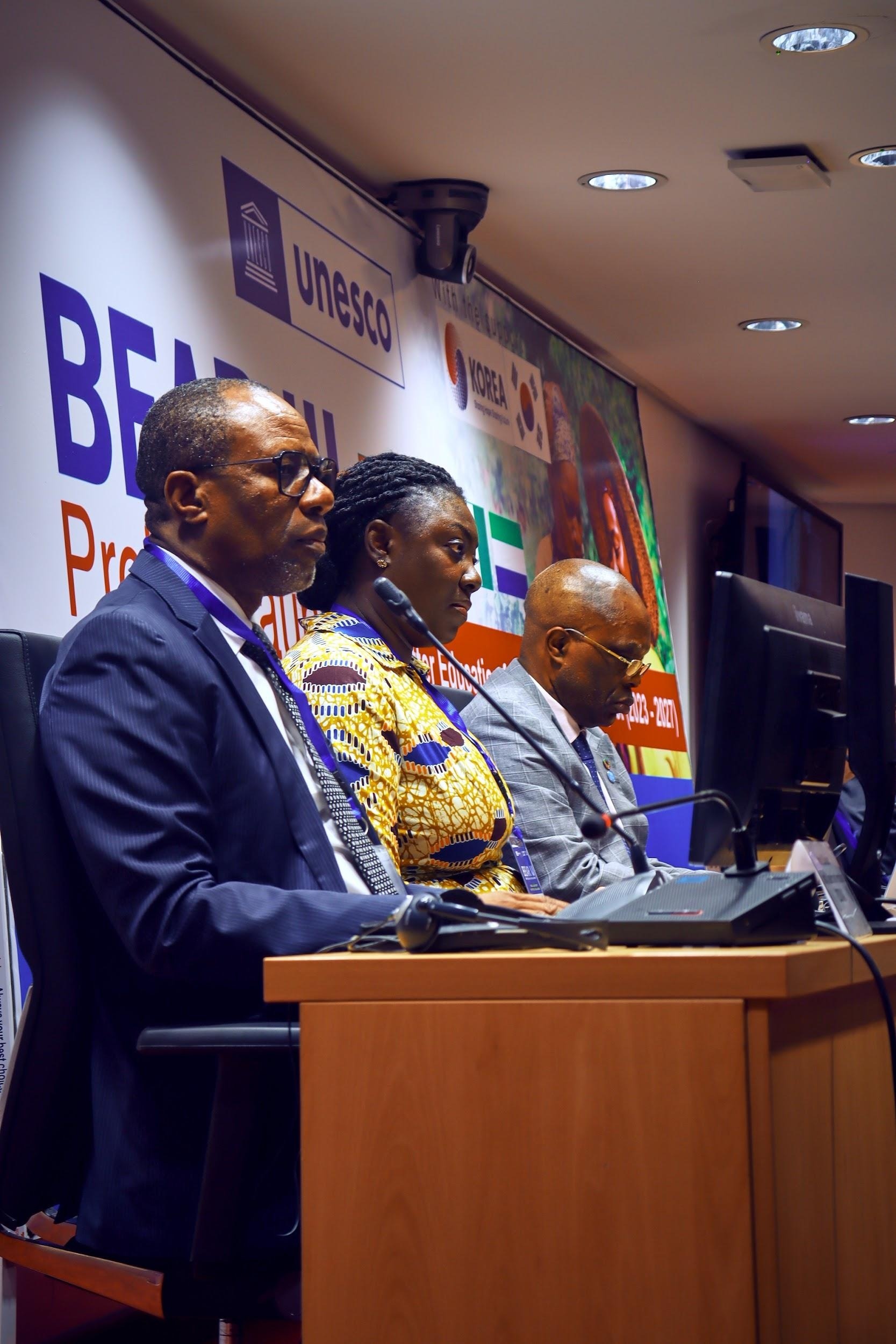
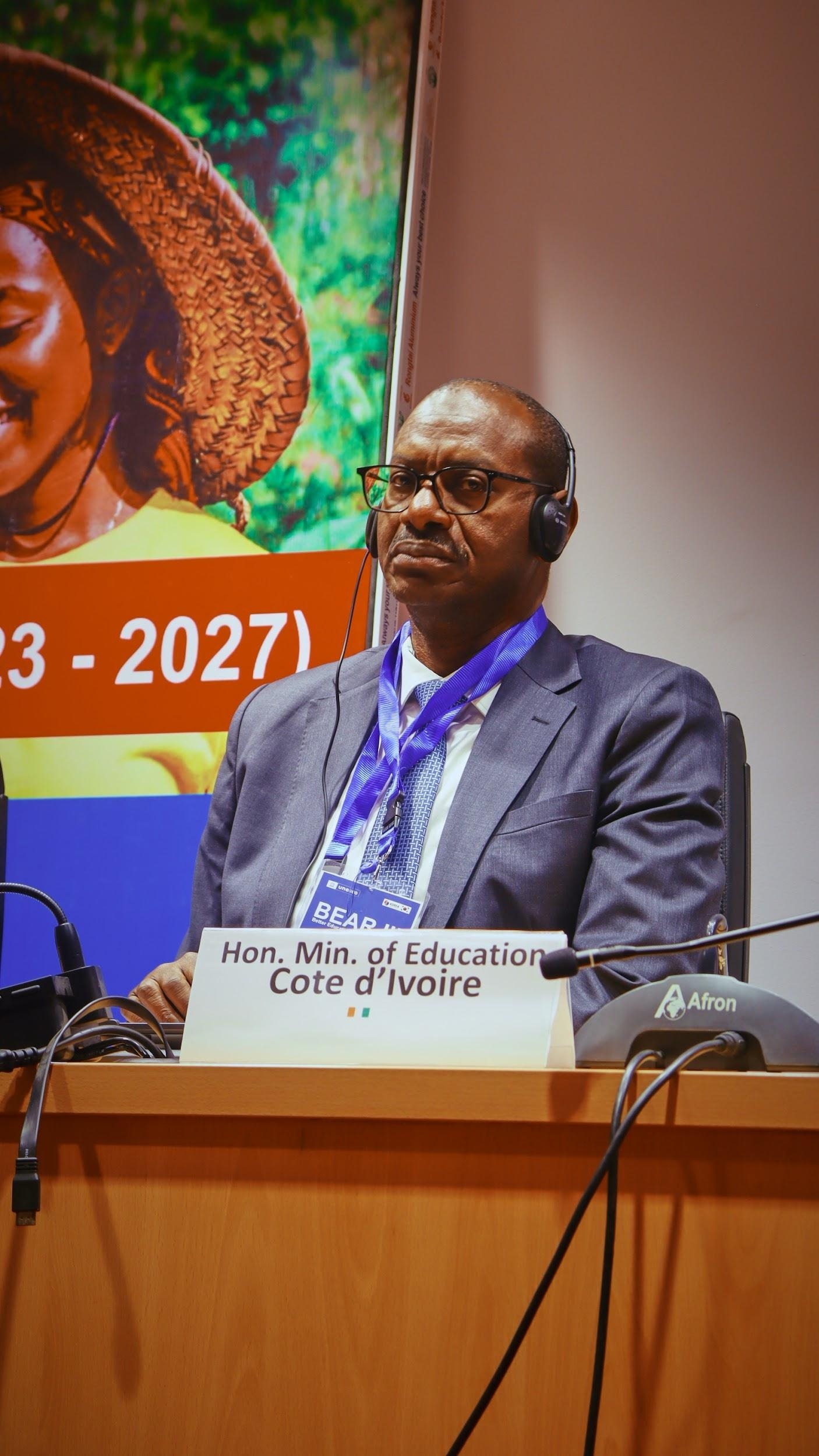

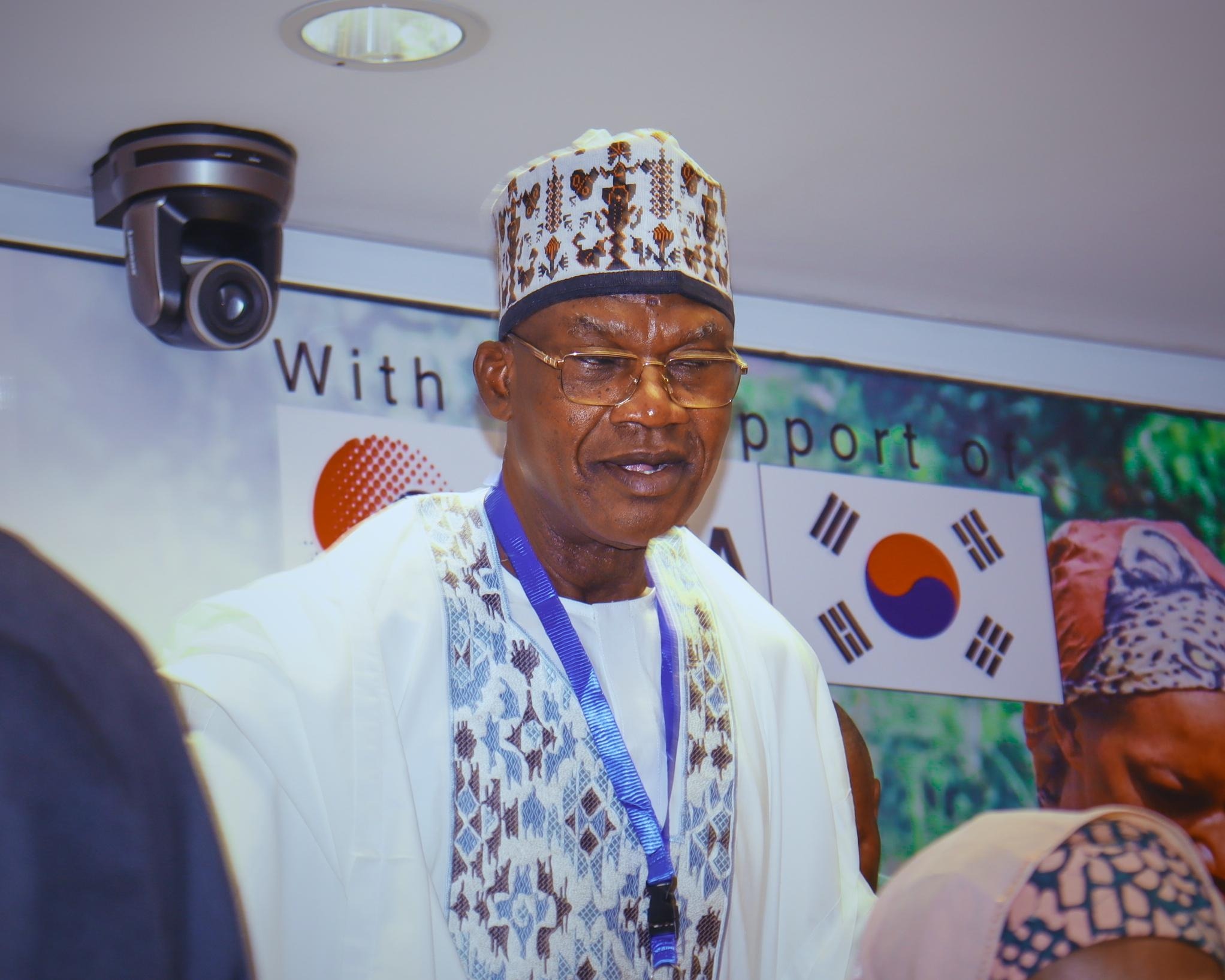
Education is crucial for sustainable development in Africa and it’s time to fully leverage Technical and Vocational Education and Training (TVET) as a means to alleviate poverty and empower individuals. The Better Education for Africa’s Rise (BEAR) project, a collaboration between UNESCO and the Republic of Korea, aims to enhance TVET systems in African countries. BEAR III will be implemented in four West African countries and will support the sustainability of outcomes achieved in five East African countries from the previous phase. The project aims to increase the skills and employability of young people in Africa through partnerships with Ministries of Education and stakeholders in the TVET sector.
The project aims to enhance TVET by focusing on three main pillars: making TVET more relevant to the economy and labour market, improving the quality of TVET, and enhancing perceptions of TVET among various stakeholders. Each beneficiary country is expected to tailor specific activities to its unique needs, while adopting the common activities which include labour market analysis, capacity-building for Sector Skills Councils, and improving teaching practices in training centers.
Identified activities to make TVET more relevant involve supporting stakeholders in skills analysis, considering green and digital transitions, and establishing Sector Skills Councils. Enhancing the quality of TVET includes strengthening master trainers, providing tools and equipment, and improving teaching practices in pilot training centers. Meanwhile, improving the perception of TVET will entail analyzing barriers among youth, parents and decision-makers to implement behaviour change strategies.
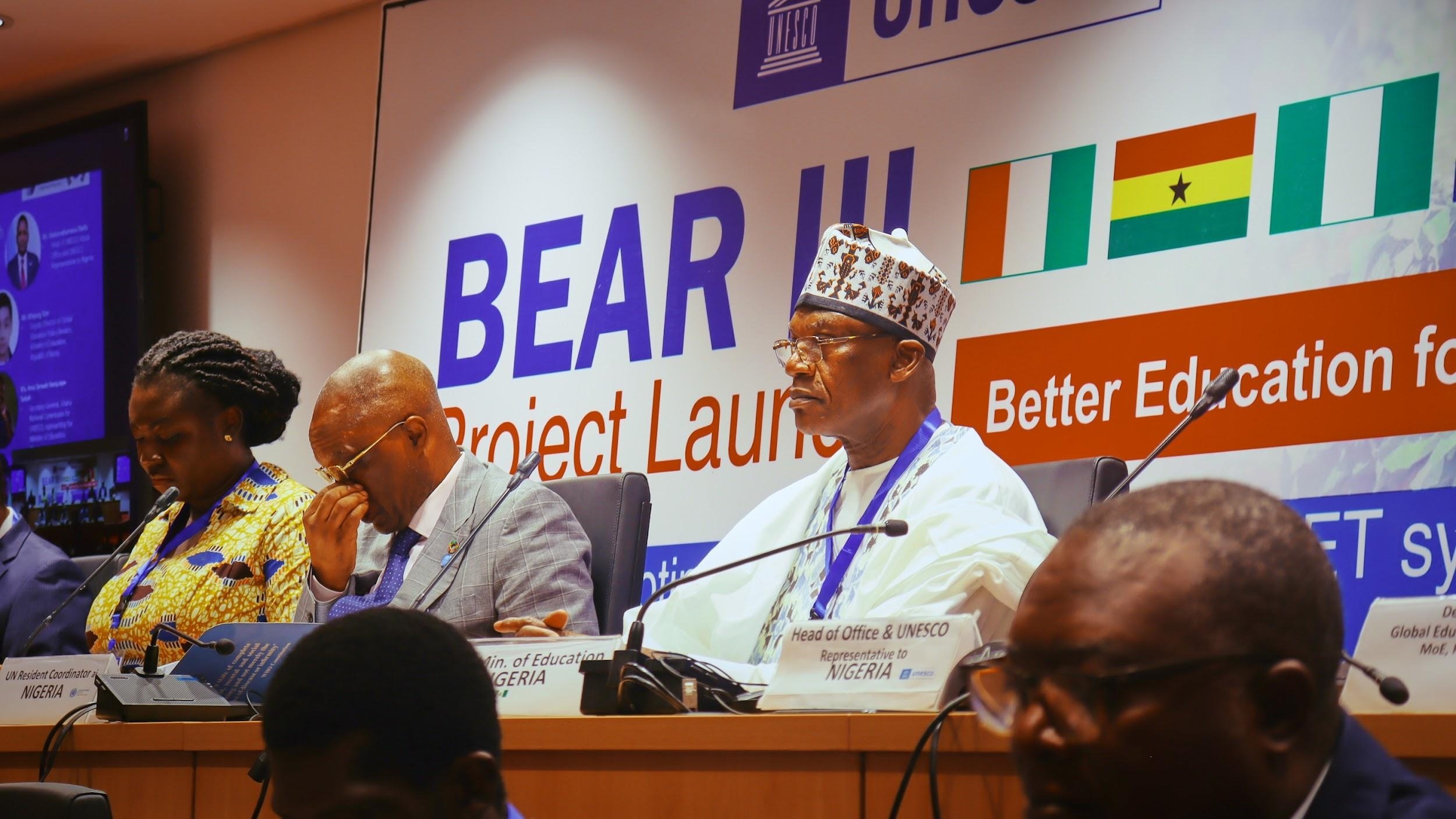
The project focuses on target sectors in the four countries, implementing a sector skills development approach aligned with the strategic goals of the beneficiary countries. Sectors are chosen in collaboration with the national government and TVET stakeholders to ensure relevance and effectiveness.

In Nigeria, the BEAR III project will concentrate on the agriculture sector, specifically on agro-processing and post-harvest management. The agricultural sector employs 36% of Nigeria’s labour force, but its contribution to GDP is limited to 25% due to low productivity. Agricultural TVET interventions are necessary to enhance food security and decrease Nigeria’s dependence on imported processed food products.
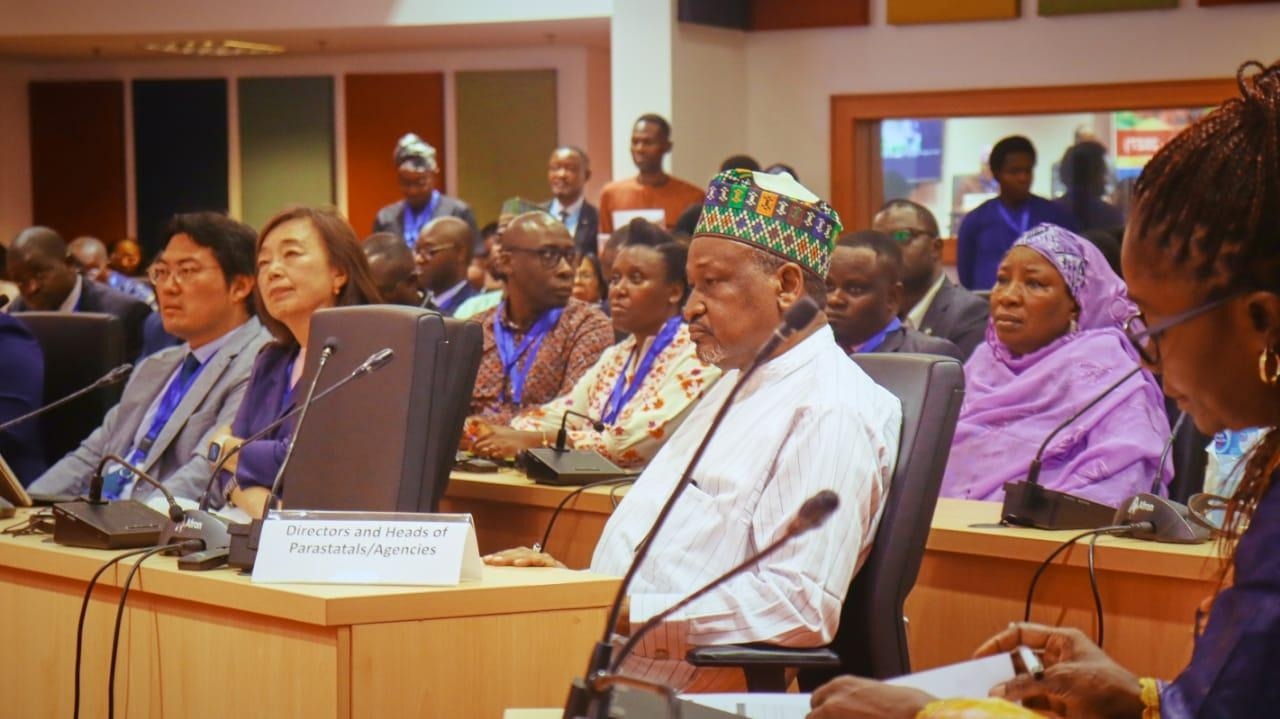


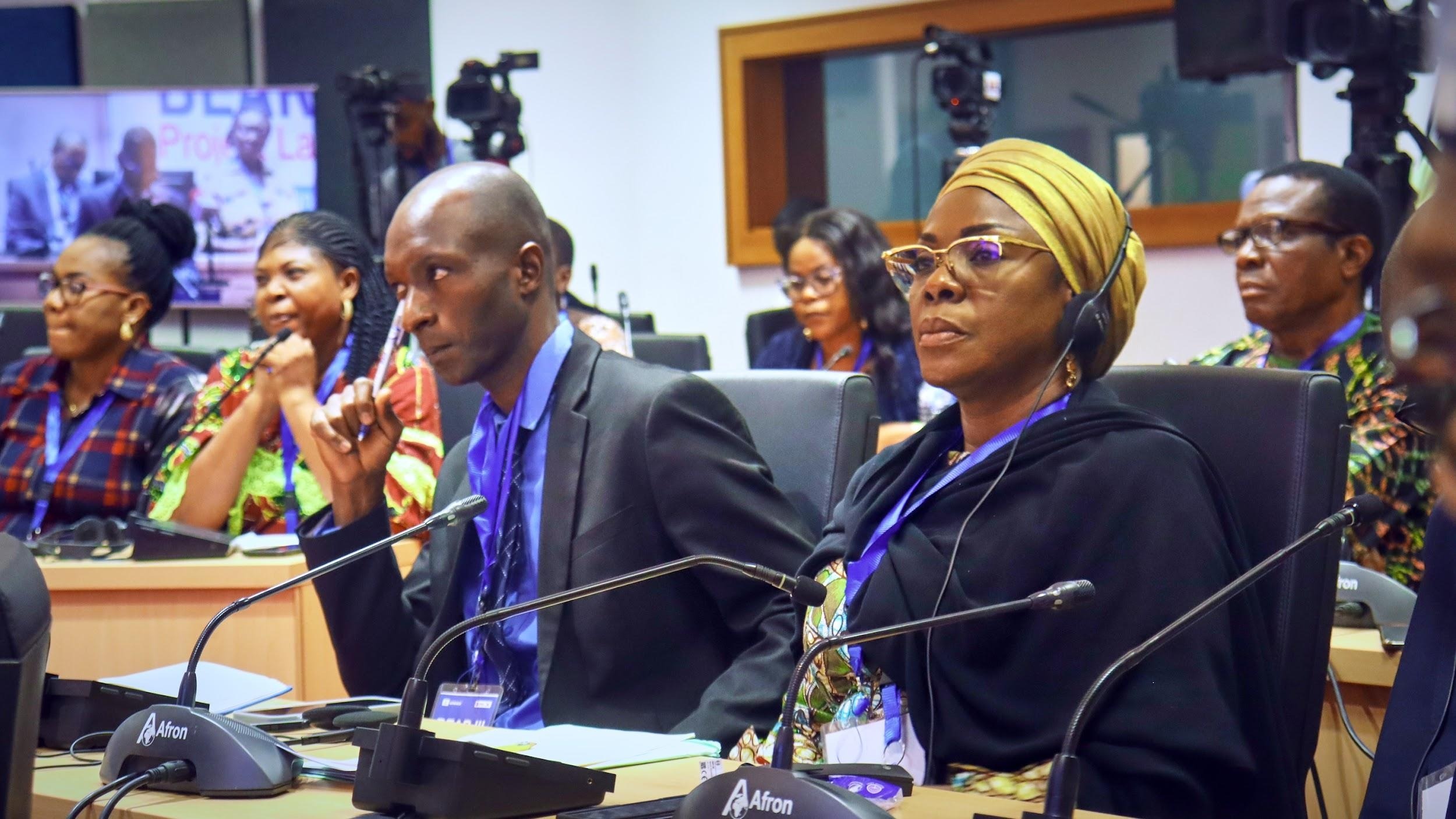

UNESCO prioritizes education as a fundamental human right and a key 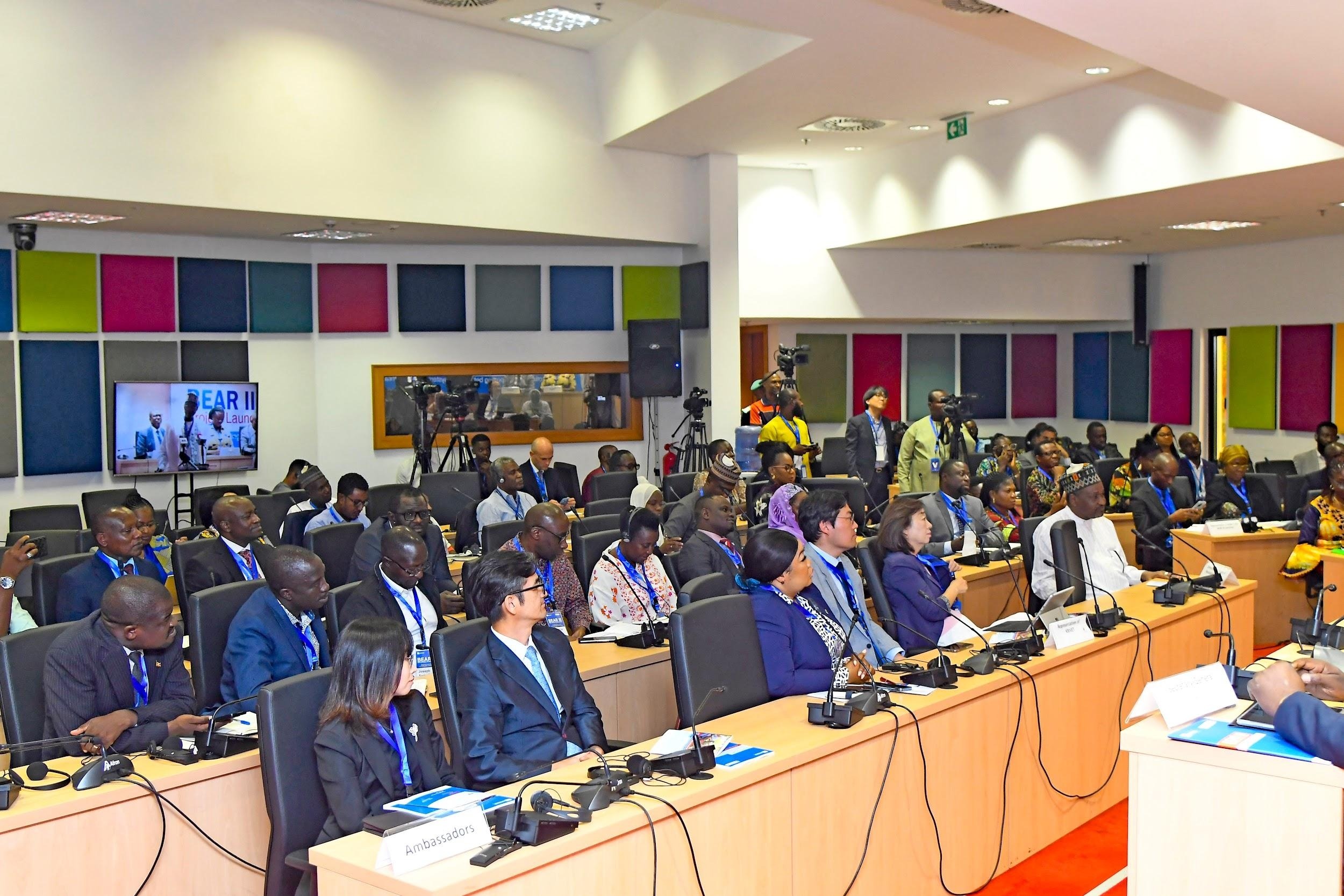 element for peace and sustainable development. It serves as the United Nations’ specialized agency for education, offering global and regional leadership to enhance national systems and support all learners, with a focus on addressing global challenges like gender equality and others. UNESCO is responsible for leading and coordinating the Global Education 2030 Agenda, which is part of the broader effort to achieve the 17 Sustainable Development Goals by 2030. Education is crucial for reaching these goals, with Goal 4 specifically dedicated to ensuring inclusive, equitable, and quality education for all.
element for peace and sustainable development. It serves as the United Nations’ specialized agency for education, offering global and regional leadership to enhance national systems and support all learners, with a focus on addressing global challenges like gender equality and others. UNESCO is responsible for leading and coordinating the Global Education 2030 Agenda, which is part of the broader effort to achieve the 17 Sustainable Development Goals by 2030. Education is crucial for reaching these goals, with Goal 4 specifically dedicated to ensuring inclusive, equitable, and quality education for all.


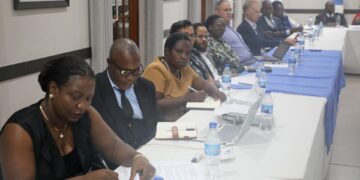
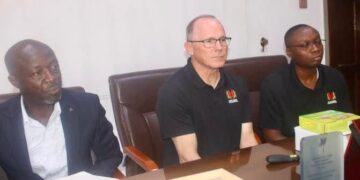






























































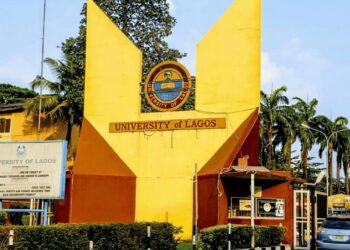


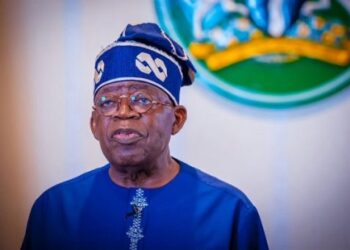











 EduTimes Africa, a product of Education Times Africa, is a magazine publication that aims to lend its support to close the yawning gap in Africa's educational development.
EduTimes Africa, a product of Education Times Africa, is a magazine publication that aims to lend its support to close the yawning gap in Africa's educational development.